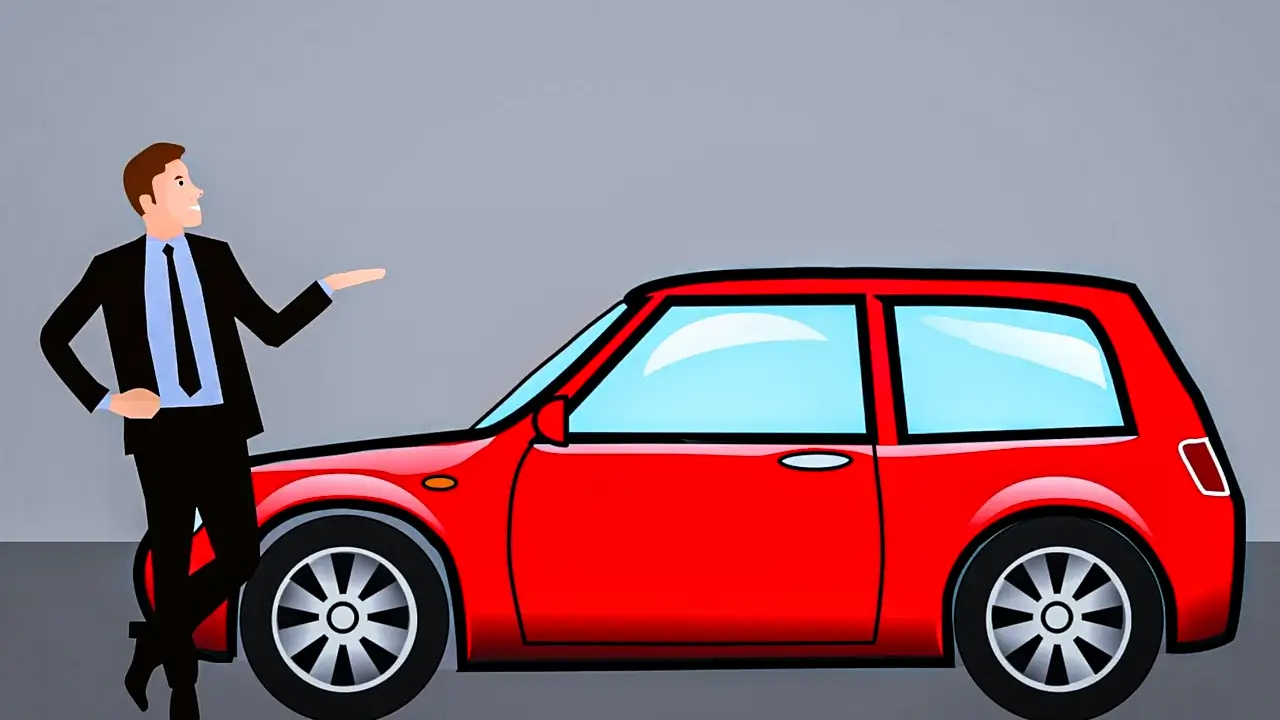A car purchase is a big decision influenced by several variables, such as preferences, budget, and long-term financial objectives. Used automobiles are frequently a better option for many purchasers, even though new cars have the appeal of the features, immaculate condition, and manufacturer warranties. The benefits of secondhand vehicles over new ones—financial, practical, and environmental—are covered in full here.
Why Buying a Used Car Can Be Smarter Than Going New
Affordability and Cost Savings
The affordability of a used car is among the strongest arguments in favor of it. Because used cars are so much less expensive than new ones, customers can afford to acquire a better-equipped or more costly model. For example, a secondhand car is frequently 20–30% less expensive than a new one. This disparity in cost can free up money for other important financial goals like investments, savings, or home renovations.
Lower Depreciation Rates
A major contributor to secondhand cars’ financial benefit is depreciation. Usually depreciating by 20–30% in the first year of ownership and up to 50% by the third, new cars lose value quickly. When a vehicle is resold, on the other hand, it has already experienced the steepest part of its depreciation curve.
The buyer gains multiple advantages from this slower rate of depreciation:
Better Resale Value: When used car owners resell their automobiles, they frequently suffer a loss.
More Stability: Compared to a new car, the market value of a used car is more stable.
Lower Insurance and Registration Costs
Compared to new autos, secondhand car insurance rates are typically lower. Because insurance premiums are determined by the car’s value, getting insurance for a secondhand car is less expensive. In the same way, older cars pay lower registration fees, determined by the age and value of the vehicle.
Used cars are a more cost-effective option for purchasers on a tight budget because these lower expenses may add to substantial savings throughout a car’s lifetime.
More Choices for the Same Budget
The buyer’s budget during the current market year restricts the possibilities available when buying a new car. Choosing a used automobile, however, broadens the selection to include several model years, trim levels, and even luxury cars that might otherwise be beyond reach if purchased new.
For instance, a customer with a moderate budget might decide on a simple new car in favor of a used luxury vehicle with premium equipment. This adaptability makes it possible to better balance individual preferences with budgetary limitations. Reduced Hidden Fees
There are frequently unstated expenses associated with new autos, like additional taxes, dealer fees, and destination charges. Purchase prices may increase by thousands of dollars of these costs. Fees on used cars are typically cheaper, and purchasers have greater negotiating power, even though they may still apply.
- Audi GT50 Concept: A Loud Reminder of Why Car Enthusiasts Fell in Love With Audi
- Nearly 30% of UK Drivers Believe Car Tax Should Be Based on Mileage — Survey
- Why Planes and Boats Escaped the Luxury Tax But Cars Didn’t
- Australia’s Headlight Confusion: Authorities Warn Drivers After Viral $250 Headlight Rule Goes Wild Online
- 2025 Hyundai Venue Facelift Launched in India – Full Details, Variants, and Price
Reliability and Certified Pre-Owned Programs
With care, modern cars can survive up to 200,000 kilometers. Because of this increased durability, purchasing a secondhand vehicle no longer implies compromising dependability. In addition, many dealerships and manufacturers now provide Certified Pre-Owned (CPO) programs. CPO cars give consumers the same level of peace of mind as new ones, thanks to thorough inspections and extended warranties.
Environmental Benefits
Additionally, buying a secondhand car is a more environmentally friendly choice. A new car’s production uses a lot of energy and resources, which raises carbon emissions. Buying a used car helps consumers lessen their environmental impact and the demand for new manufacture.
Access to Reviews and Proven Performance
When purchasing a used car, consumers can access a multitude of evaluations and information regarding the vehicle’s dependability, long-term performance, and typical problems. Websites, discussion boards, and owner reviews offer insightful information that might help direct purchases. Conversely, new cars might not have this kind of previous data, which makes it more difficult to forecast their dependability or potential resale value.
Conclusion
Used automobiles offer a better blend of affordability, usefulness, and environmental sustainability, even though new cars are more appealing. Used automobiles are a wise financial choice because of their purchase price, slower rate of depreciation, lower insurance and registration fees, and variety.
